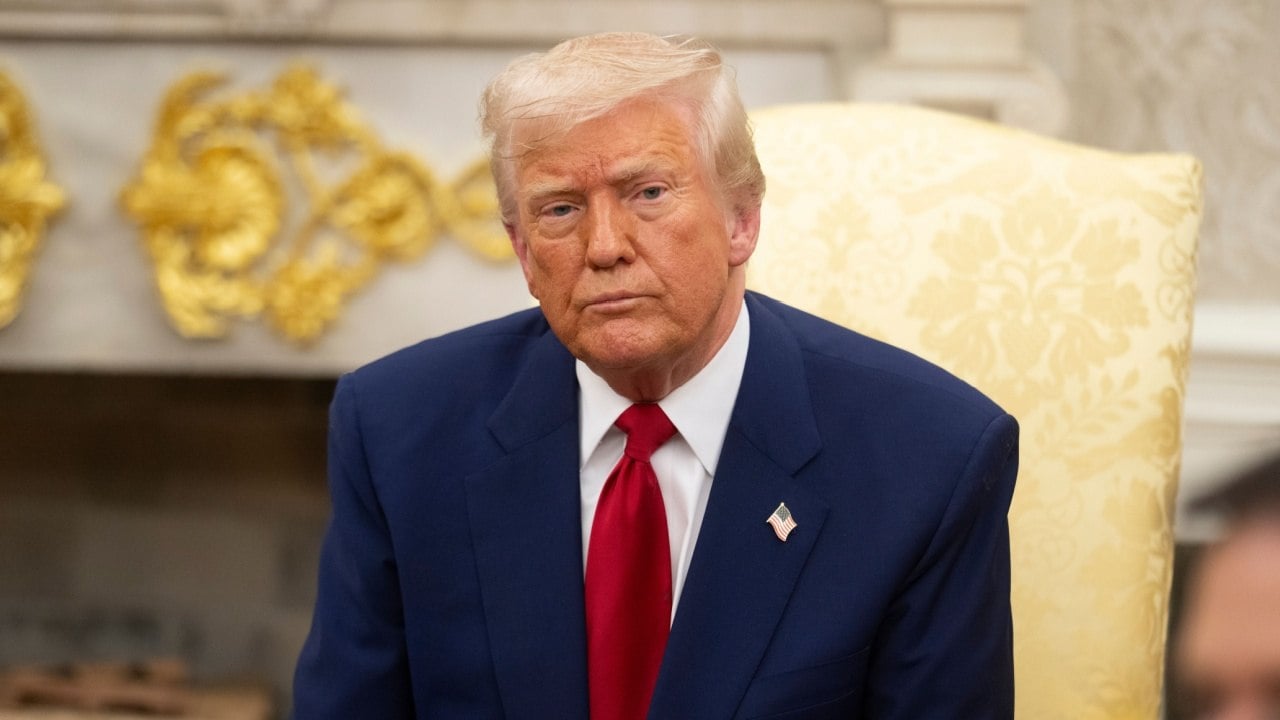The recent announcement by former U.S. President Donald Trump to impose a 50% tariff on Brazilian imports and copper has sparked significant debate and concern within the global trade community. This move, set to take effect in August, is not merely an economic decision but a multifaceted policy that intertwines economic nationalism, political grievances, and strategic maneuvering. Understanding the implications of this tariff requires a detailed examination of its motivations, potential consequences, and broader implications for international trade.
The Dual Target: Brazil and Copper
The simultaneous imposition of tariffs on Brazil and copper is noteworthy, as it suggests a dual strategy that blends economic and political objectives. The copper tariff is justified under the guise of national security, while the tariff on Brazil appears to be more politically motivated, tied to Trump’s disapproval of the legal scrutiny faced by former Brazilian President Jair Bolsonaro. This dual approach raises questions about the coherence and fairness of U.S. trade policy.
The copper tariff is framed as a measure to protect national security, with Trump questioning why previous administrations allowed the U.S. to become overly reliant on foreign copper supplies. While copper is indeed a critical material for defense and infrastructure, the extent to which imports pose a genuine security threat is debatable. Critics argue that this justification is a pretext for protecting domestic copper producers, potentially at the expense of industries that rely on affordable copper imports. The construction, manufacturing, and electronics sectors could face higher costs, which may be passed on to consumers, reducing competitiveness and increasing prices.
The tariff on Brazil, meanwhile, is more overtly political. Trump has linked it to what he describes as a “witch hunt” against Bolsonaro, a political ally. This move escalates tensions between the U.S. and Brazil, with Brazilian President Luiz Inácio Lula da Silva vowing to respond with “reciprocity,” likely in the form of retaliatory tariffs on U.S. goods. The economic consequences for both nations could be substantial. Brazil, a major exporter of agricultural products, could see its access to the U.S. market severely curtailed, harming farmers and businesses. Conversely, U.S. consumers may face higher prices for Brazilian imports, including coffee, sugar, and other food products, disrupting supply chains and affecting businesses that rely on Brazilian inputs.
The Politicization of Trade Policy
The decision to impose tariffs on Brazil in response to Bolsonaro’s legal troubles raises serious concerns about the politicization of trade policy. Using tariffs as leverage in foreign legal matters sets a dangerous precedent and undermines the principles of free and fair trade. The timing of the announcement, amidst Bolsonaro’s ongoing legal battles, suggests a deliberate attempt by Trump to influence Brazilian politics. This interference in the internal affairs of a sovereign nation could further strain U.S.-Brazil relations and damage U.S. credibility on the global stage.
Moreover, the emphasis on “reciprocity” in trade relations, a recurring theme in Trump’s trade policy, is problematic. While the idea of ensuring fair trade practices is appealing, enforcing strict reciprocity can be complex and subjective. A narrow focus on reciprocity may neglect the broader benefits of international trade and cooperation, leading to a protectionist approach that harms long-term economic growth.
Broader Implications for Global Trade
The imposition of these tariffs raises concerns about a potential escalation of global trade tensions. Trump’s administration has a history of using tariffs as a weapon in trade disputes, and this latest move suggests a willingness to continue this approach. The risk is that other countries will retaliate with their own tariffs, leading to a tit-for-tat cycle of protectionism that could harm the global economy. The uncertainty created by these disputes can discourage investment and slow economic growth, with far-reaching consequences for businesses and consumers worldwide.
The impact on U.S. consumers is particularly concerning. Higher tariffs translate to higher prices for imported goods, eroding purchasing power and reducing living standards. Additionally, U.S. businesses that rely on imported inputs or export goods to countries targeted by retaliatory tariffs may suffer, further straining the economy. While the tariffs may benefit specific domestic industries, the overall economic impact could be negative, highlighting the need for a more balanced and strategic approach to trade policy.
Navigating the Future of Trade Relations
The coming months will be critical in determining the long-term consequences of these tariffs. It remains to be seen whether Brazil will follow through on its threat of retaliation and whether other countries will join the fray. The potential for further escalation underscores the need for a more constructive approach to trade policy, one that prioritizes cooperation, dialogue, and the pursuit of mutually beneficial outcomes.
A shift away from unilateral tariffs and protectionist measures is essential to prevent further damage to the global trading system. Instead, a focus on negotiation, fair trade practices, and economic cooperation can foster a more stable and prosperous international trade environment. The current path of confrontation and retaliation risks undermining the very principles that have driven global economic growth for decades, highlighting the urgent need for a more balanced and forward-thinking trade policy.

